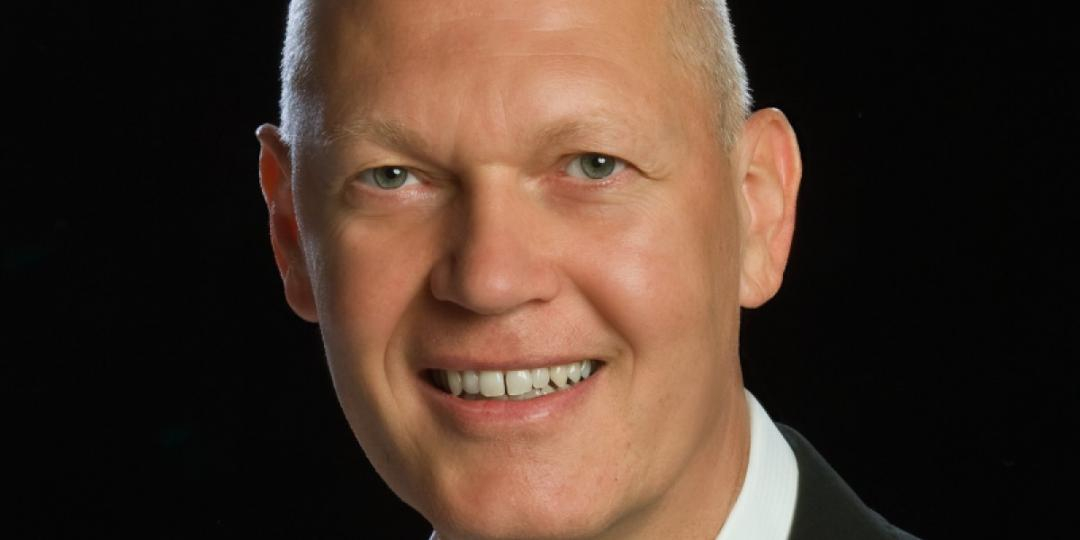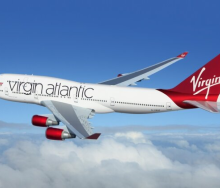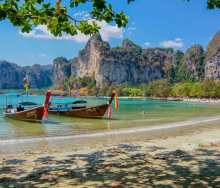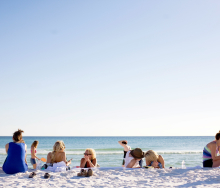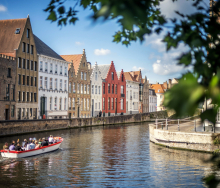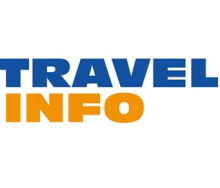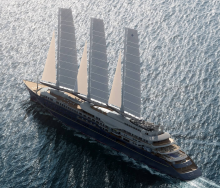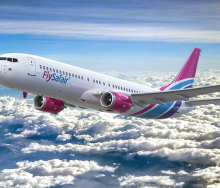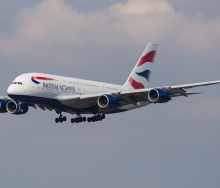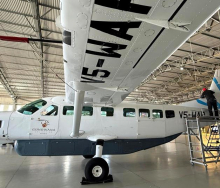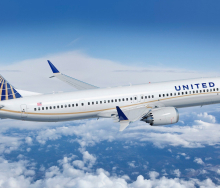While South Africa’s international borders remain closed the Marriott International hotel group is focusing strongly on both the business and leisure segment of its business. It has also stepped up its marketing strategies to attract more domestic travellers.
This is according to Volker Heiden, vp Sub Saharan Africa of Marriott International, who spoke exclusively to Travel News’s sister publication, Tourism Update, on how the hotel group has adapted to the current lockdown regulations.
How will MI be accommodating the domestic leisure segment in its marketing strategies?
A: Marriott International is already running various marketing campaigns in the domestic market. The ‘Welcome Back’ promotion is valid for hotel stays until September 30, 2020 in participating hotels across South Africa. This offers Marriott Bonvoy members 25% off standard room rates, including complimentary breakfast and 15% off standard room rates for non-members.
Q: In a crisis like COVID where situations change so quickly, does being part of a global group cushion local properties a little more against fall-out?
A: As a global brand, Marriott International takes best practice from our markets that are already open to travellers and develops them for implementation in South Africa. This has allowed us to both anticipate the needs of our local travellers, and implement global best practice in terms of operational procedures, such as in hygiene and cleaning protocols. We have rolled out a multi-pronged platform to elevate our cleanliness standards and hospitality norms and behaviours to meet the new health and safety challenges presented by the current pandemic environment in each market around the world.
Q: How has the hospitality industry adjusted to the new cleanliness measures and protocols?
Each Marriott International property has implemented extensive health and safety protocols to ensure the safety of guests and hotel associates.
These include, among others, implementing guidelines on chemicals and equipment to be used that are effective against viruses, as well as the increased frequency of cleaning and disinfection at high-volume areas and regularly touched surfaces. In addition, measures have been introduced to minimise contact and reinforce social distancing, and ongoing staff education is taking place.
Q: Was business travel enough to sustain the industry until the easing of travel restrictions?
Primary markets and cities such as Johannesburg and Cape Town have seen lower demand, while properties in Pretoria and Umhlanga have seen a slight increase. Secondary markets such as Mahikeng, Bloemfontein and Kimberley have seen the highest increase in bookings.
For now, we are taking a careful approach to recovery, with a laser-sharp focus on cleanliness; while rebuilding our business so we can continue to provide employment, service our communities and welcome our guests back. We will continue to align our strategy with the government’s regulations around travel.

